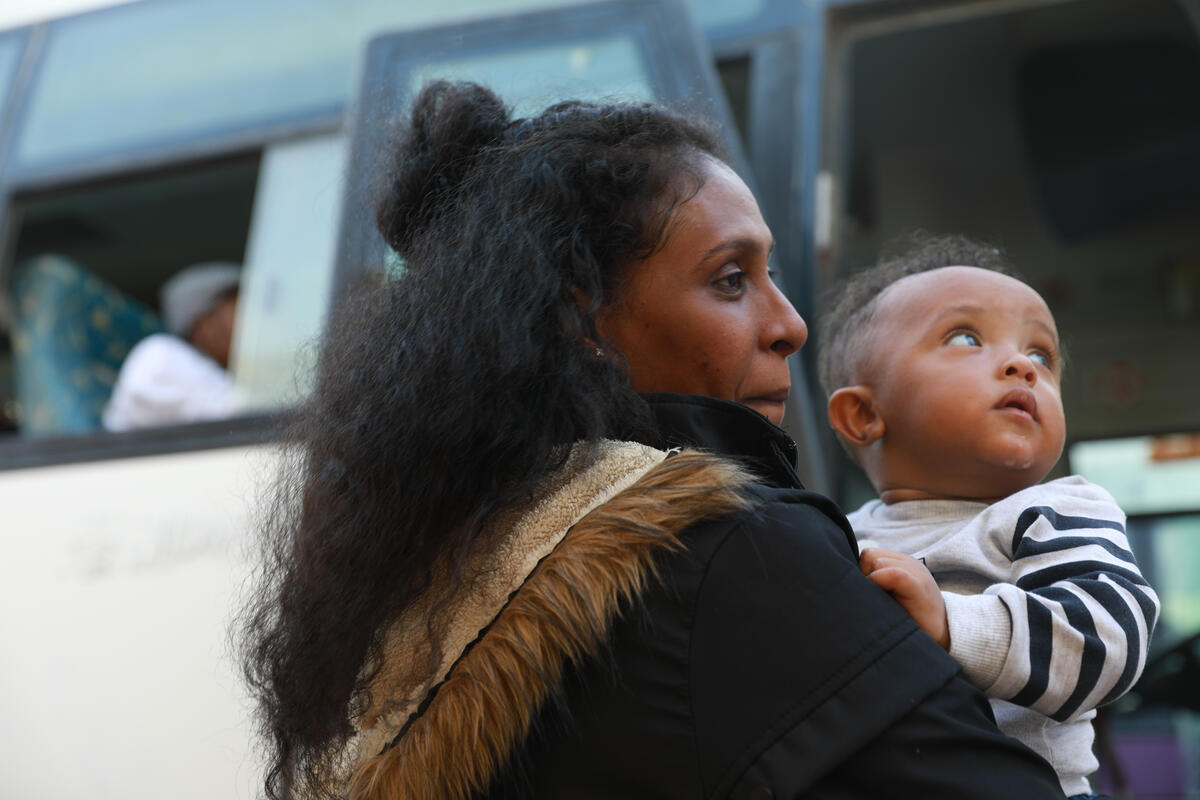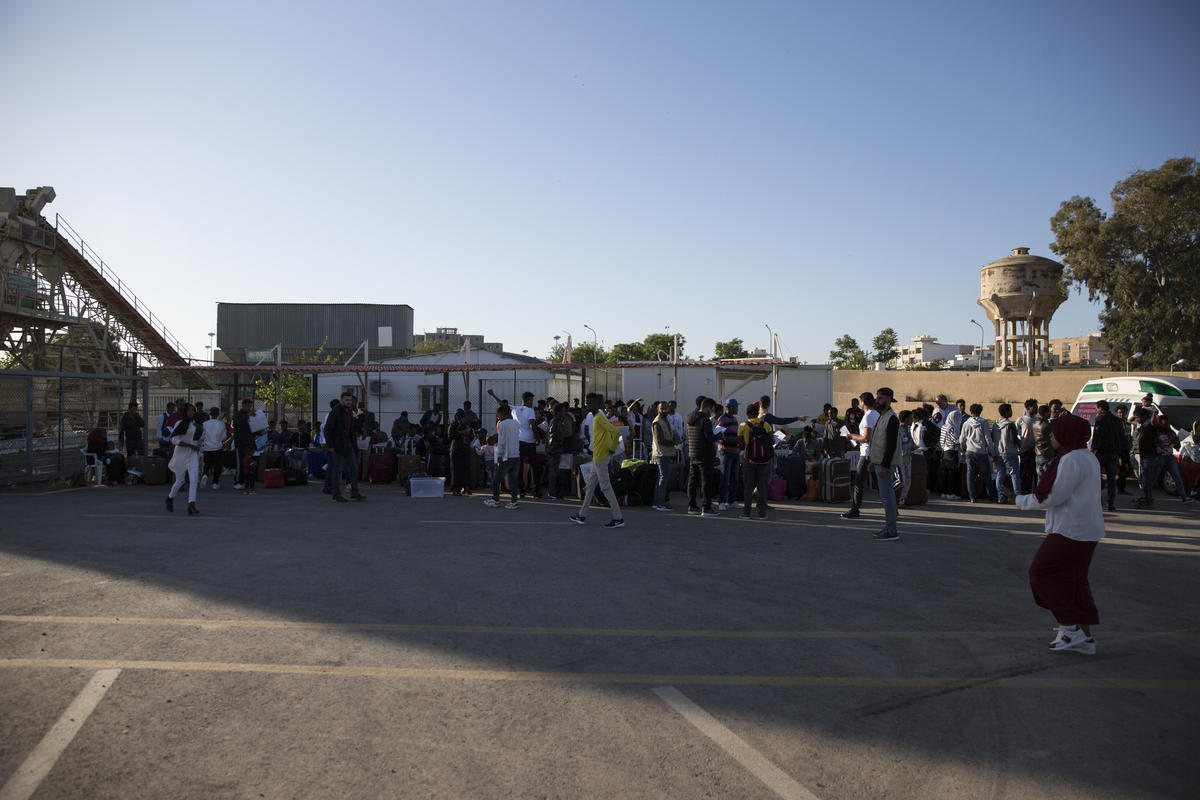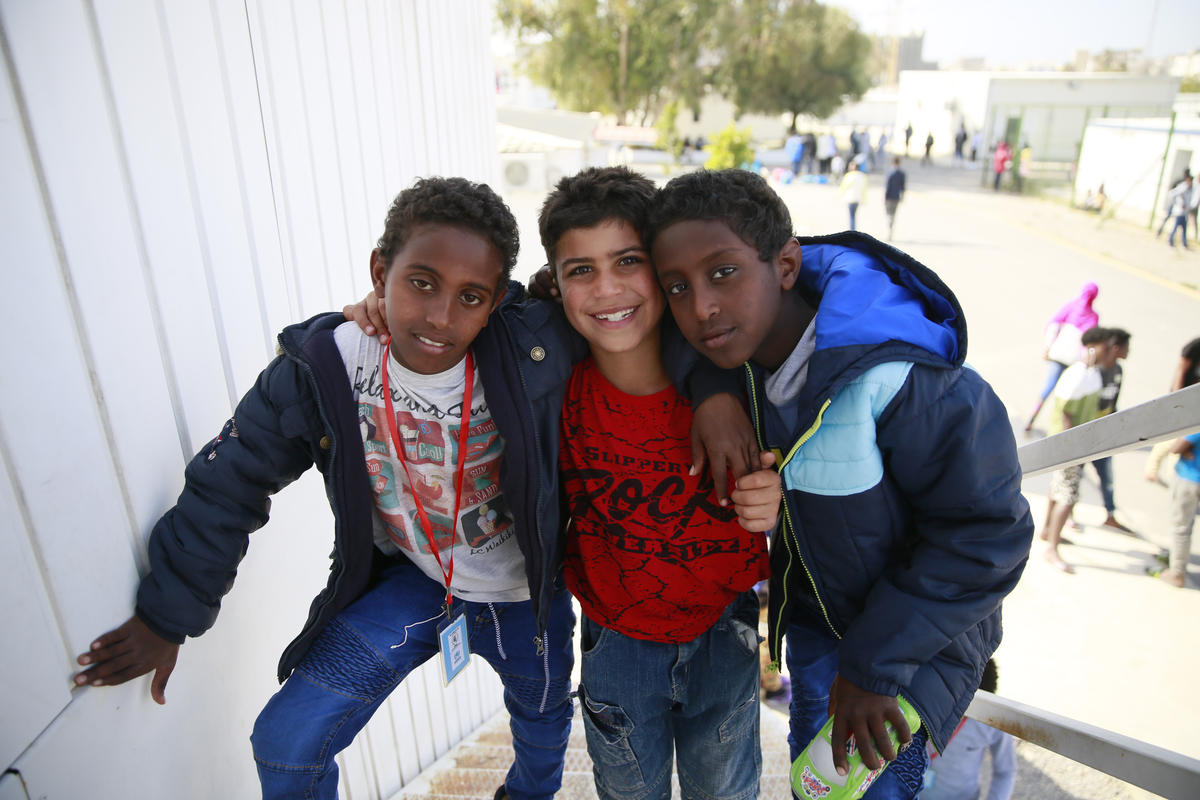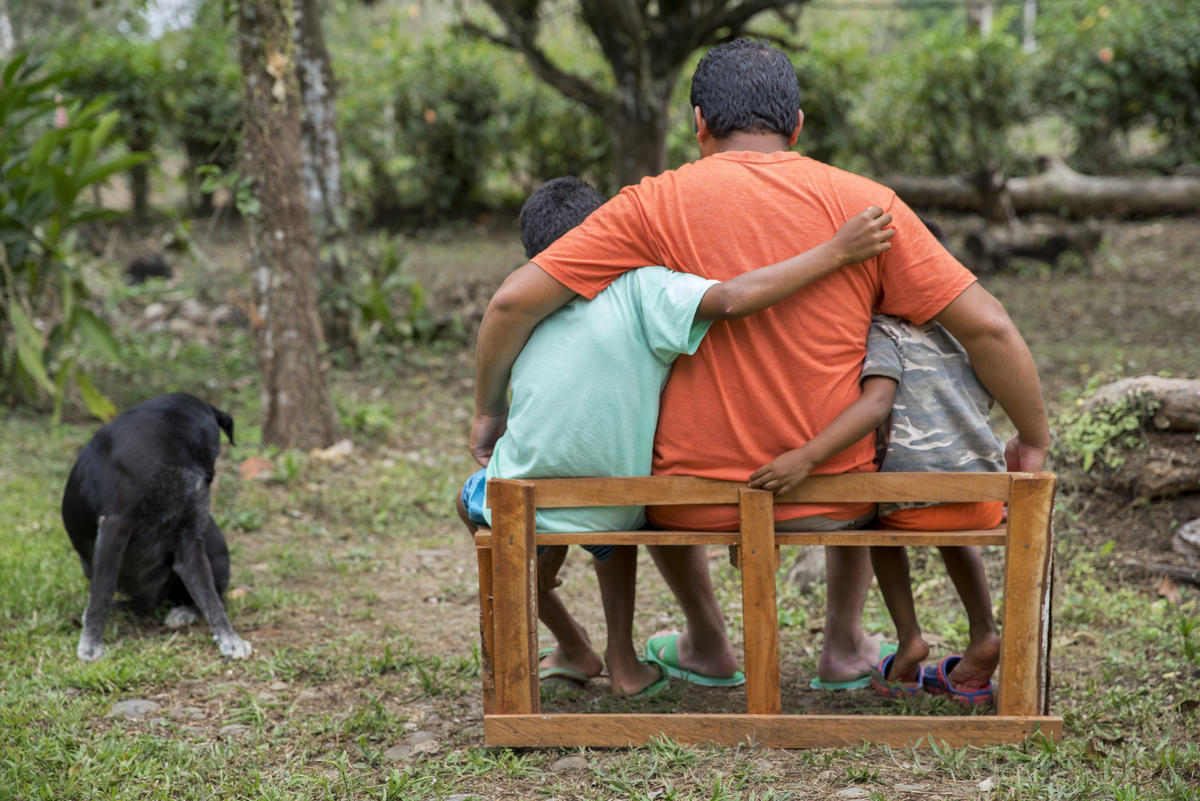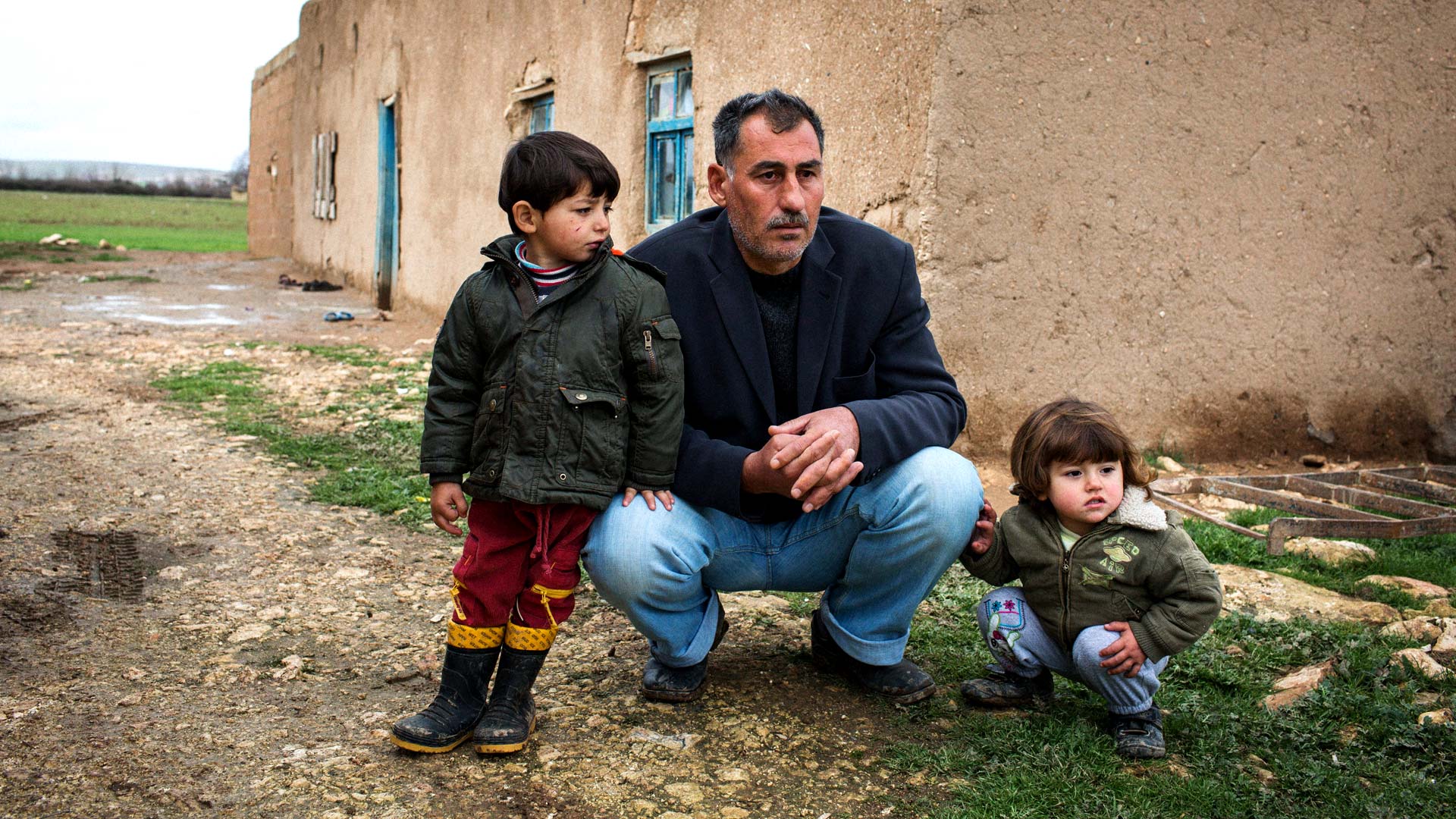UNHCR condemns killing of aid workers in western Afghanistan
UNHCR condemns killing of aid workers in western Afghanistan

GENEVA, June 3 (UNHCR) - The UN refugee agency has condemned Wednesday's murder of five aid workers in western Afghanistan and grounded its staff in the area.
According to reports, the five Médecins Sans Frontières-Holland staff - including a Belgian project coordinator, a Dutch logistician, a Norwegian doctor and two Afghan workers - were ambushed on Wednesday near a village in Badghis province, western Afghanistan.
"All of us at UNHCR convey our deepest condolences to the families, colleagues and friends of these five humanitarians who were so brutally slain," said High Commissioner Ruud Lubbers.
"I join the rest of the UN family and the entire humanitarian community in condemning this cold-blooded attack and in calling for the apprehension of those responsible so they can be brought to justice," he added. "Humanitarian workers worldwide are under fire as never before. This has got to stop."
Over the last year, more than 30 aid workers, among them 23 Afghan nationals, have been murdered while carrying out relief work in Afghanistan. UNHCR's Bettina Goislard was shot and killed last November in Gardez in the east of the country, in the first fatal attack on a UN worker since the fall of the Taliban.
The refugee agency suspended all travel in Badghis province following Wednesday's killings. It has also grounded its staff based in the provincial capital, Qala-i-Naw.
UNHCR's work in this part of the country is focused on caring for internally displaced Afghans and helping them to go home. Tens of thousands of families who escaped years of drought and conflict in western Afghanistan are slowly returning to Badghis province from nearby Herat and the southern city of Kandahar as conditions improve in their home areas. However, some remain displaced in camps in Badghis, fearing harassment and abuses if they return.
MSF has been a valuable partner in UNHCR's Afghan operations. The medical aid agency vaccinates returnee children passing through UNHCR's encashment centres and provides health care for displaced Afghans at UNHCR's Zhare Dasht camp in the south.
More than 3.6 million Afghans have returned to their homes since the end of 2001. They include more than 3.1 million refugees arriving mainly from Pakistan and Iran, along with some 440,000 internally displaced persons who returned with assistance from UNHCR and the International Organization for Migration.


